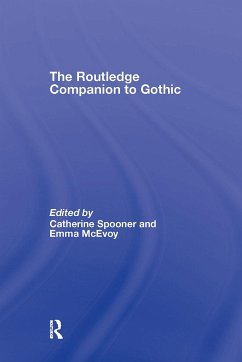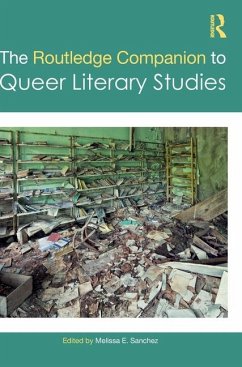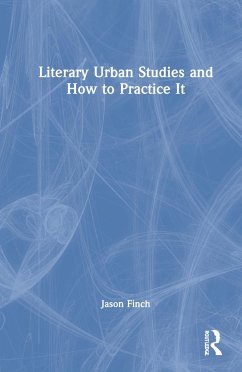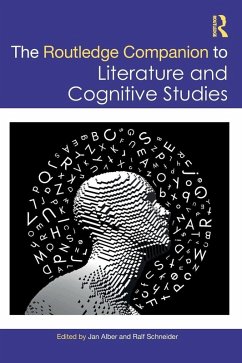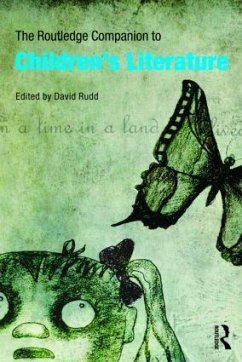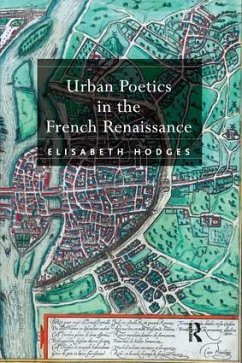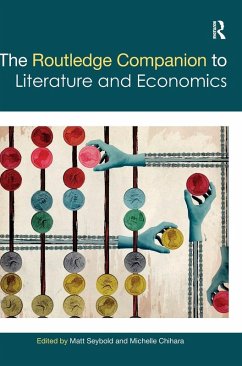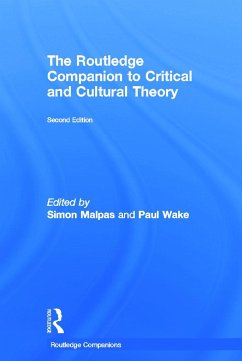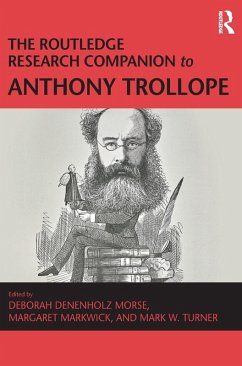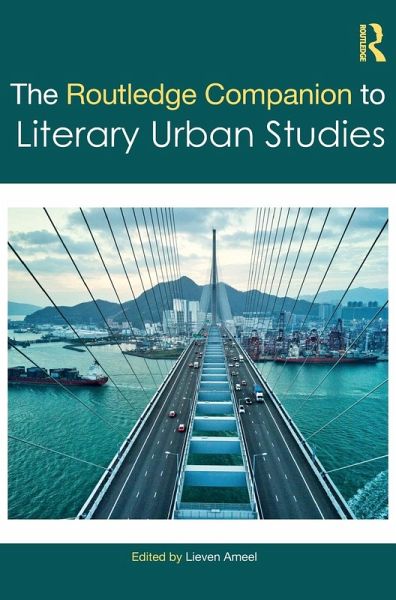
The Routledge Companion to Literary Urban Studies
Versandkostenfrei!
Versandfertig in 1-2 Wochen
261,99 €
inkl. MwSt.
Weitere Ausgaben:

PAYBACK Punkte
131 °P sammeln!
Over the past decades, the growing interest in the study of literature of the city has led to the development of literary urban studies as a discipline in its own right. The Routledge Companion to Literary Urban Studies provides a methodical overview of the fundamentals of this developing discipline and a detailed outline of new directions in the field. It consists of 33 newly commissioned chapters that provide an outline of contemporary literary urban studies. The Companion covers all of the main theoretical approaches as well as key literary genres, with case studies covering a range of diff...
Over the past decades, the growing interest in the study of literature of the city has led to the development of literary urban studies as a discipline in its own right. The Routledge Companion to Literary Urban Studies provides a methodical overview of the fundamentals of this developing discipline and a detailed outline of new directions in the field. It consists of 33 newly commissioned chapters that provide an outline of contemporary literary urban studies. The Companion covers all of the main theoretical approaches as well as key literary genres, with case studies covering a range of different geographical, cultural, and historical settings. The final chapters provide a window into new debates in the field. The three focal issues are key concepts and genres of literary urban studies; a reassessment and critique of classical urban studies theories and the canon of literary capitals; and methods for the analysis of cities in literature. The Routledge Companion to Literary Urban Studies provides the reader with practical insights into the methods and approaches that can be applied to the city in literature and serves as an important reference work for upper-level students and researchers working on city literature. Chapter 15 of this book is freely available as a downloadable Open Access PDF under a Creative Commons Attribution-Non Commercial-No Derivatives 4.0 license available at http://www.taylorfrancis.com





